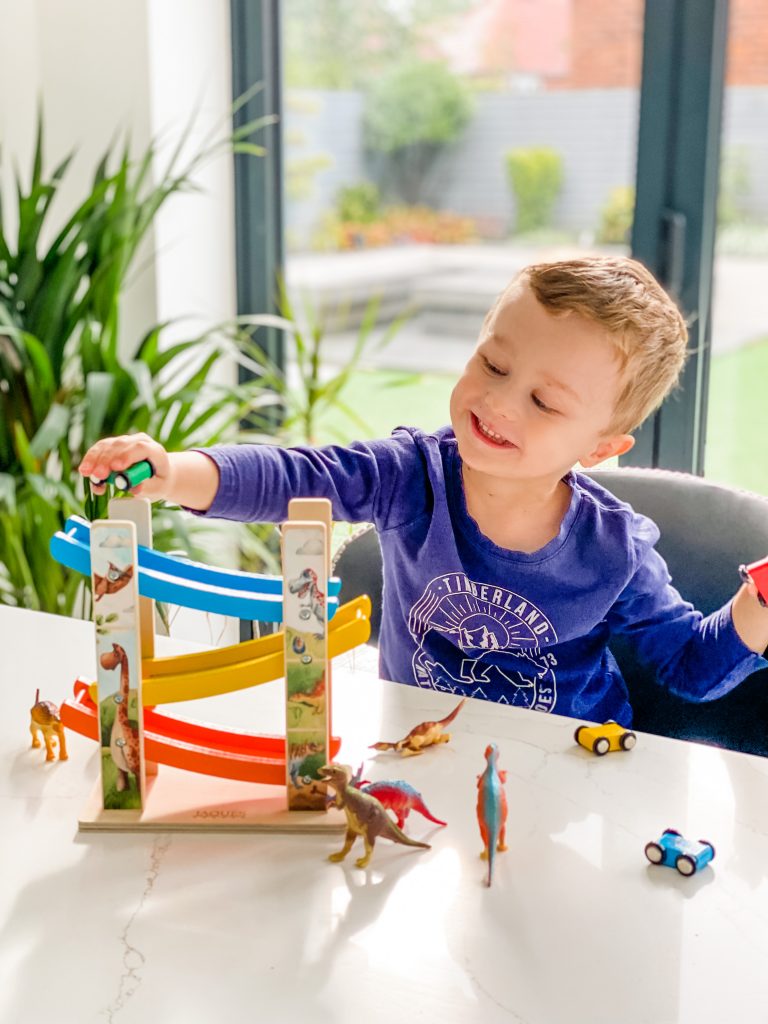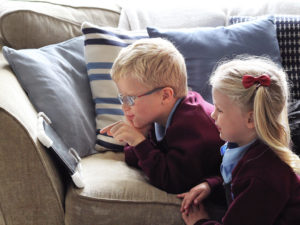
In our interconnected world, the ability to speak multiple languages has become an invaluable skill. Beyond the academic benefits, bilingualism enhances cognitive abilities, cultural understanding, and opens doors to diverse opportunities. While classroom instruction is essential, parents can play a pivotal role in fostering language learning in their children through innovative and enjoyable methods. In this article, we explore the advantages of bilingualism and share creative ways parents can encourage language acquisition outside the formal classroom setting.
Advantages of Bilingualism
Research consistently highlights the cognitive, social, and cultural advantages of bilingualism in children. Beyond the obvious ability to communicate in multiple languages, bilingual children often display enhanced problem-solving skills, better multitasking abilities, and improved memory. Additionally, exposure to different languages fosters a deep appreciation for diverse cultures, nurturing empathy and understanding.
Apps and Interactive Learning Platforms
In the digital age, technology offers a plethora of resources to make language learning engaging for kids. Language learning apps are designed with interactive games and lessons that captivate young minds. These apps often incorporate visual aids, quizzes, and rewards to make the learning process fun and effective. Parents can integrate these apps into their child’s routine, transforming screen time into a constructive learning experience.

Educational Games and Toys
Learning through play is a cornerstone of childhood education. Parents can select educational games and toys that introduce language concepts in a playful manner. Board games, puzzles, and building blocks with words or phrases in different languages provide a hands-on approach to language learning. Through these activities, children not only absorb vocabulary but also develop essential cognitive skills.
Cultural Experiences and Language Immersion
Nothing beats the effectiveness of immersing oneself in a language-rich environment. Parents can expose their children to different cultures through activities like cooking international cuisines, attending cultural events, or participating in language immersion programs. These experiences not only enhance language skills but also foster a broader understanding of global perspectives. Language immersion experiences can include playdates with native speakers or even short trips to countries where the target language is spoken.
Reading Diverse Literature
Books are timeless companions in the journey of language acquisition. Introducing children to literature in different languages broadens their vocabulary and language comprehension. Parents can choose books with colourful illustrations and simple narratives, gradually progressing to more complex texts as their child’s language skills develop. Reading together also strengthens the parent-child bond while making language learning an enjoyable shared activity.
TutorExtra UK: Connecting Learners with Language Tutors
For personalised guidance and structured learning outside the classroom, parents can turn to TutorExtra UK. This platform connects students and parents with experienced tutors who specialise in language instruction. The one-on-one interaction allows for tailored lessons, addressing individual learning styles and pace. Tutors on TutorExtra UK can provide additional support, reinforce classroom learning, and offer cultural insights, creating a holistic language learning experience.
Conclusion
Language learning for kids extends far beyond the confines of the classroom. By embracing technology, leveraging educational games, immersing children in diverse cultural experiences, exploring literature, and seeking personalised tutoring, parents can empower their children to become confident bilingual individuals. The advantages of bilingualism are vast, shaping not only cognitive abilities but also fostering a global perspective that will undoubtedly benefit children in an increasingly interconnected world. As parents, let’s embark on this linguistic journey with our children, opening doors to a future enriched with language and cultural understanding.






